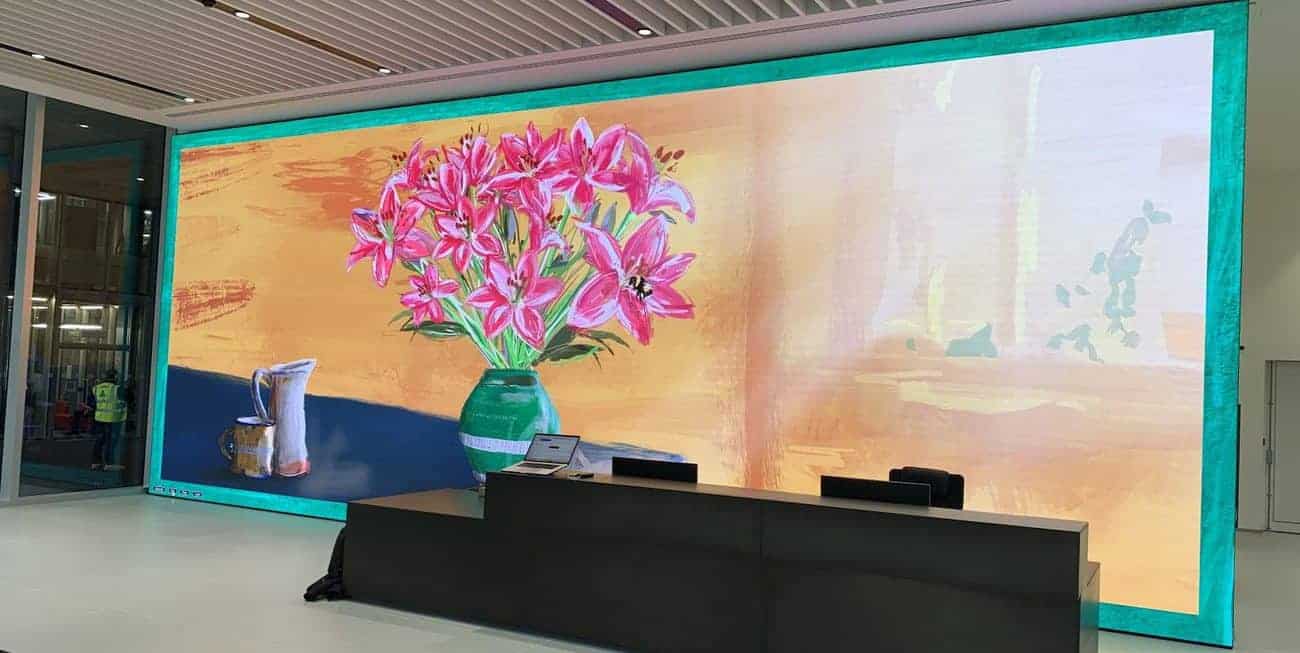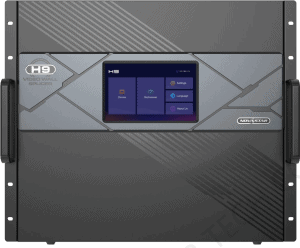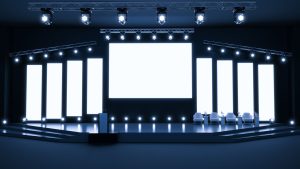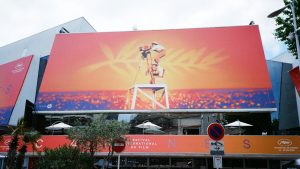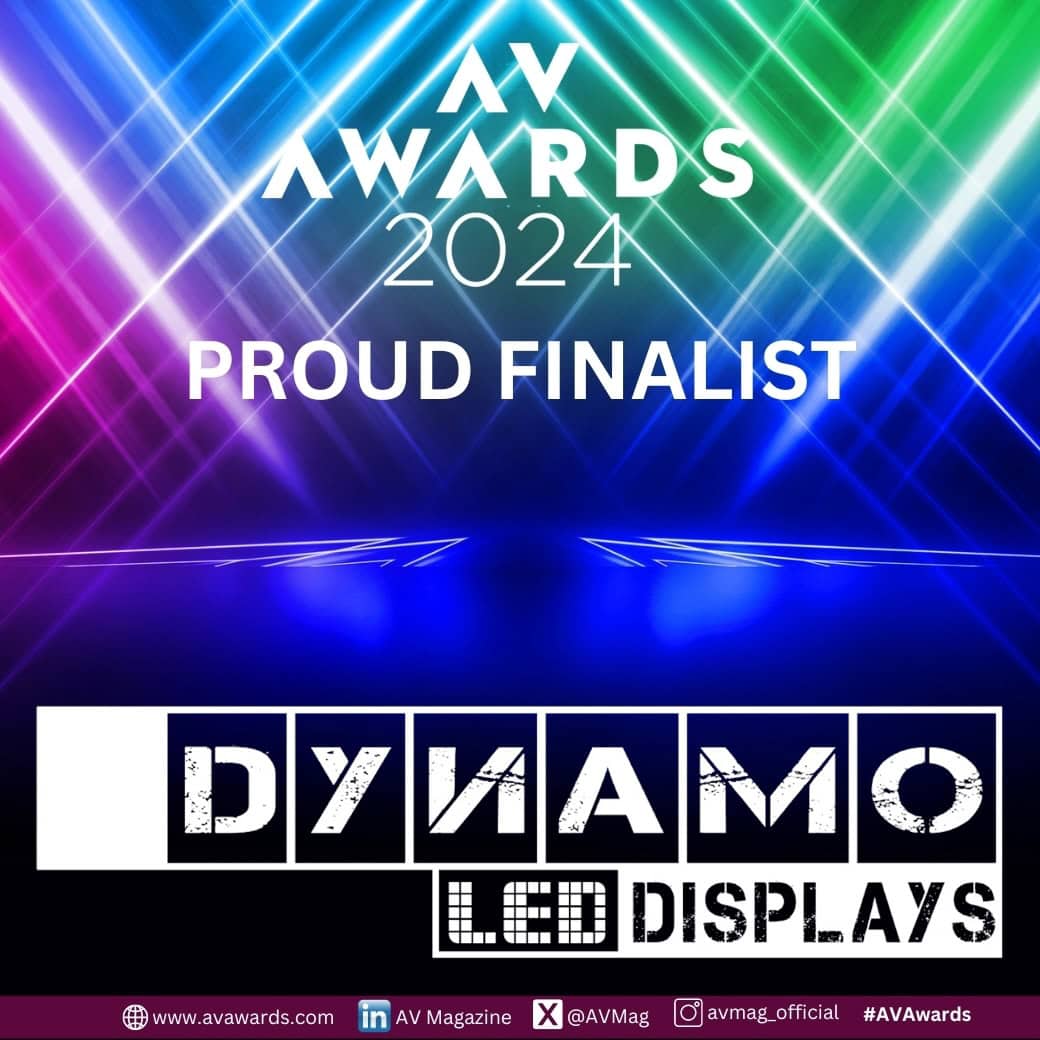LEDs are widely used in the home and have also found their way into the world of business and commerce too. You’ll see endless situations where an LED display is put to effective use. You’ll find LED displays commonly used in a wide variety of commercial settings from sports events, education systems, transportation, and corporate management through airports, hotels, shopping centres, commercial LED screen advertising, and many other public venues.
We’ve all read how efficient and long-lasting LED displays can be, but what other advantages are there to using LED screens or LED displays, compared with more traditional LCD displays?
In this post, we’ll look at the benefits of using LED displays, before moving on to comparing them with LCD displays.
What are the Main Benefits of LED Screens?

An LED Display uses Highly Reliable Technology
LED displays use technology that’s extremely reliable. There are many people that consider LEDs to be one of the most outstanding inventions of the last century. You’ll find LED display technology used for digital billboards, mobile phones, television screens, Blu-Ray players. You’ll even find LED technology used in medical equipment.
An LED Display is Lightweight
LED panels are very lightweight because they don’t use fluorescent bulbs. This makes installing them a piece of cake. In addition, LED panels are available in a wide range of shapes, sizes, flat or curved, whatever your needs.
Enjoy High-Quality Realistic Images with an LED Screen
With an LED screen or LED digital display, you can enjoy superb picture quality. High-quality images are possible, and they have colour range and definition that can’t be beaten by anything else. If you want to increase the impact of your LED display, there’s also the option of adding lighting effects to further improve the picture quality.
Low Energy Consumption with an LED display
One of the most significant benefits of an LED display is that it uses such a small amount of energy. LED technology is super-efficient when it comes to energy use. Compared to an old-fashioned incandescent bulb, an LED bulb uses ten times less energy.
An LED Screen is Environmentally Friendly

LEDs are environmentally friendly in other ways as well. For example, they are longer lasting so fewer materials are required for making them. Less maintenance is required along with fewer repairs. LEDs emit no ultraviolet or infrared radiation and extraordinarily little heat.
There’s no Limit to the Size of an LED Screen
It’s not usually an issue to make media smaller, however, difficulties often arise when it comes to making something big. With an LED screen size is not an issue because you can use several LED panels together to deliver your advertising messages.
An LED Display has a Long Lifespan
You can expect the best LED screen to far outlive the competition. To demonstrate this, let’s compare the lifespan of an LED sign with other commonly used lighting sources:
- Neon tubes – last 30,000 hours
- Fluorescent tubes – last around 3,000 hours
- LEDs can last as long as 50,000 hours, possibly twice as long
Great Viewing Angles with LED Screens
With LED screens there’s no need to worry about the angle you’re watching them from, and you have the perfect viewing angle, whatever your position.
LED Displays Have Short Response Times
LEDs have virtually zero “warm-up” time (response time). A red indicator LED, for example, can achieve full brightness in less than a microsecond. The LEDs that are used in communications devices have an even faster response time.
Minimal Eye Strain with LED Screens

LED Screens are Very Safe and Secure to Use
You can install an LED display outdoors without the need for any kind of protection. LED screens are waterproof, dustproof, can be seen even in direct sunlight, and able to resist a certain amount of vandalism thanks to their robustness.
LED Displays are Easier and Cheaper Maintenance
LED displays are easy to install and because they are dust-proof, water-proof, and anti-corrosion, even when outside in extremes of weather, there is much less maintenance.
An LED Screen has Ultra-High Contrast Levels
LEDs can reproduce a vast palette of colours that’s far superior to any other kind of technology. A full-colour LED screen can display more than fifteen million colours.
An LED Screen has Ultra-High Refresh Rates
The refresh rate of an LED screen is unmatchable.
LED Screens are Programmable
You don’t have to be directly in front of an LED to turn it on. Your location is not a problem because you can program an LED display from anywhere in the world. You do, however, need to use a device and have a reliable internet connection.
Benefit from Fast Build Design and Installation with an LED Screen
LED screens will benefit your business because they provide a good ROI (return on investment). They’re reasonably priced and their lifespan is massive.
What are the Advantages of LED Displays Over LCD Displays?

- LED displays use less energy
- LED screens are kinder to the environment
- The image quality of LED screens is far superior.
- The range of colours is more vibrant
- Contrast is more dynamic
Check our LED vs LCD display comparison for more information on why you should choose LED screens over LCD ones.
Conclusion
So, we’ve explored the advantages of LED displays in terms of quality, eco-friendliness, flexibility, and more but what are the disadvantages of LED?
Really there are only a few disadvantages of LED, one of which is light pollution. An LED screen can emit light that’s just as bright during the night as it is during the day. However, it is possible to overcome this downside by using a light sensor or setting in the operating system that detects changes and adjusts the brightness accordingly.
In addition, the cost of an LED screen is higher, although this is counteracted in part by its lifespan. Alternatively, there’s also the option of LED screen rental if budget is an issue.
Both LEDs and LCDs are popular, but now you know the benefits and disadvantages, you’re in a better position to decide for yourself which display is suitable for your business.

